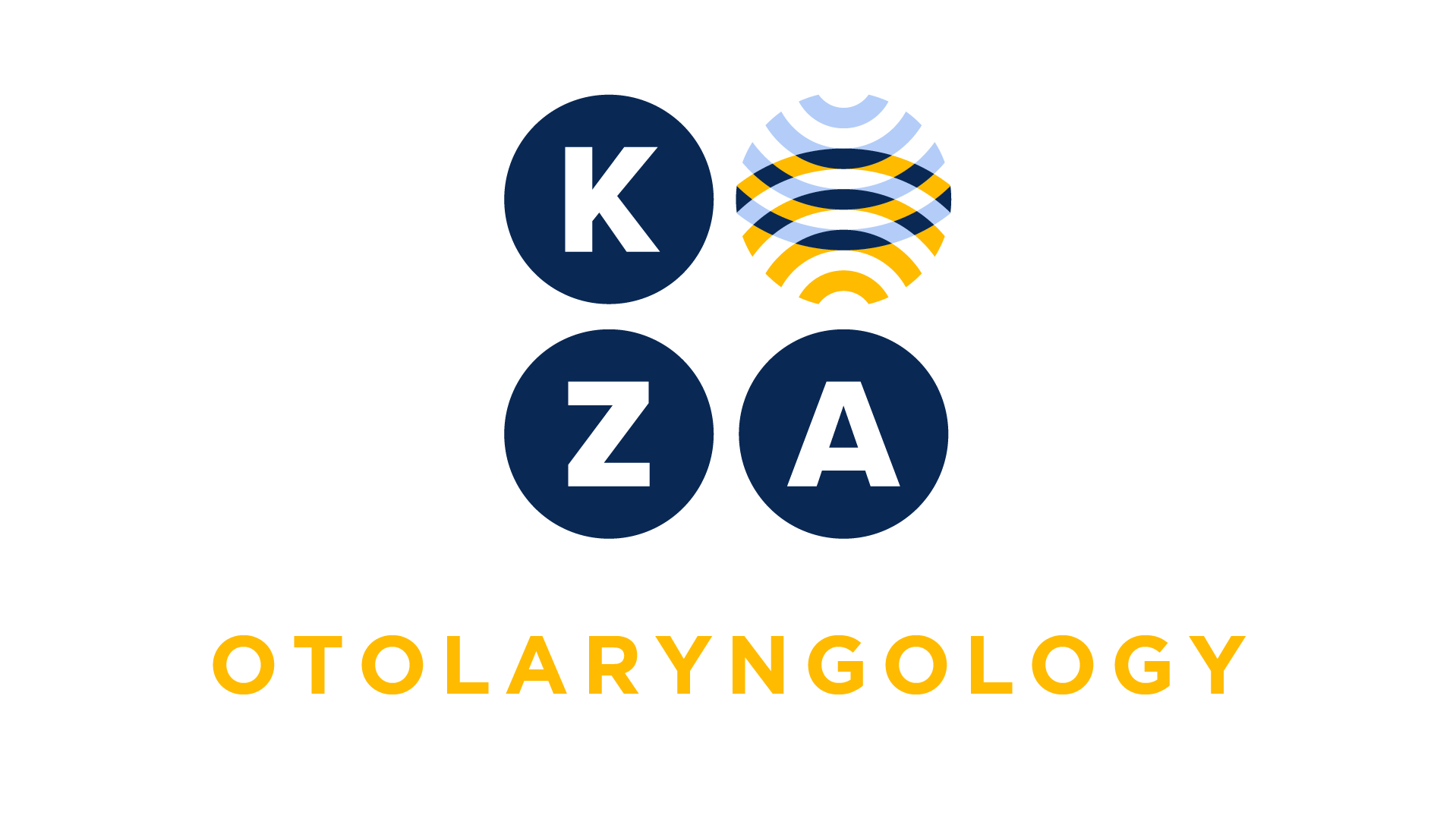
Choose your specialty from the list below to see how our experts have tackled a wide range of client questions.
Looking for something specific? Utilize our search feature by typing in a key word!
Date of Service
We are in an academic setting. Our residents will see a patient, for example, at 11 pm on Tuesday. Wednesday morning, our attending physician evaluates the patient, documents his/her findings, documents the required attestation, and enters an E&M into the EHR. The date of service is the date the encounter was created by the resident on Tuesday. Do you bill the E&M with the Tuesday date of service or the Wednesday date when the attending physician saw the patient?
Question:
We are in an academic setting. Our residents will see a patient, for example, at 11 pm on Tuesday. Wednesday morning, our attending physician evaluates the patient, documents his/her findings, documents the required attestation, and enters an E&M into the EHR. The date of service is the date the encounter was created by the resident on Tuesday. Do you bill the E&M with the Tuesday date of service or the Wednesday date when the attending physician saw the patient?
Answer:
The correct date of service is the actual date of service when the attending physician saw the patient. In this case, it will be Wednesday even if the attending physician links the note to the resident note from the previous date.
*This response is based on the best information available as of 11/30/23.
Diagnosis Coding Excludes 1 Codes
Our physicians list their diagnosis codes in the Assessment section of their notes. They link the diagnosis codes to the charges in our EHR. We receive a claims submission edit stating the two diagnosis codes may not be reported together. We review the rules and find the codes have an “Excludes 1” relationship. Our question is, should we remove the diagnosis code that is listed as the “Excludes 1” from the Assessment section of the note when correcting the claim based on the guidelines.
Question:
Our physicians list their diagnosis codes in the Assessment section of their notes. They link the diagnosis codes to the charges in our EHR. We receive a claims submission edit stating the two diagnosis codes may not be reported together. We review the rules and find the codes have an “Excludes 1” relationship. Our question is, should we remove the diagnosis code that is listed as the “Excludes 1” from the Assessment section of the note when correcting the claim based on the guidelines.
Answer:
No. Great news to hear you are reviewing your claims edit reports timely. The “Excludes 1” is an ICD-10 coding guideline or a coding rule. Think of this like an NCCI edit; when CMS has an edit between 2 CPT codes, we do not change the documentation in the operative note, for example, we report the most comprehensive of the 2 CPT codes. The “Excludes 1” guideline is a similar concept—we do not change the documentation; we report the most comprehensive diagnosis code.
*This response is based on the best information available as of 11/16/23.
Secondary Payor Doesn’t Recognize Consultations
We have a patient with 2 commercial payers (BCBS and Cigna). A consultation code was submitted to BCBS, and they paid according to our contract. However, Cigna is refusing to process the claim since they no longer pay for consult codes. Am I allowed to change the CPT code and rebill Cigna? Or would I need to change the CPT, refile to the primary as a corrected claim, then send the balance on to Cigna?
Question:
We have a patient with 2 commercial payers (BCBS and Cigna). A consultation code was submitted to BCBS, and they paid according to our contract. However, Cigna is refusing to process the claim since they no longer pay for consult codes. Am I allowed to change the CPT code and rebill Cigna? Or would I need to change the CPT, refile to the primary as a corrected claim, then send the balance on to Cigna?
Answer:
We suggest calling CIGNA and ask how they want this handled according to their policies. WithMedicareyou have two options: (1) bill the appropriate category and level of service documented (e.g., for outpatient consults [99202-99215] or inpatient consults [99221-99223]) or (2) bill the consultation code, which will result in a denial of payment from Medicare and appeal on paper explaining the situation.
*This response is based on the best information available as of 11/2/23.
E&M Coding Based on Time
Our physicians’ default to time for almost every office encounter. We are working with them on documentation and what work contributes to total time and what does not. They perform procedures such as nasal endoscopy, sinus debridement, laryngoscopy, etc. in the office. They are counting the total time spent with the patient, including these activities and we do not believe that is correct. Can you help?
Question:
Our physicians’ default to time for almost every office encounter. We are working with them on documentation and what work contributes to total time and what does not. They perform procedures such as nasal endoscopy, sinus debridement, laryngoscopy, etc. in the office. They are counting the total time spent with the patient, including these activities and we do not believe that is correct. Can you help?
Answer:
Thank you for your inquiry. We will not address the default to time for almost every encounter other than to say medical necessity must be present for time spent. That said, the activities you identify are billable services represented by other CPT codes (aka are separately reported) and may not contribute to the total time in the billed Evaluation and Management (E/M). In other words, the procedure time must be deducted from the total time, assuming the E/M service is reportable.
*This response is based on the best information available as of 10/19/23.
Modifier Order on CMS Claim Form
We are submitting a hospital claim form with the modifier 25 and FS modifier. We are unsure which modifier to list first. What is your recommendation?
Question:
We are submitting a hospital claim form with the modifier 25 and FS modifier. We are unsure which modifier to list first. What is your recommendation?
Answer:
Thanks for contacting KZA and remembering to use the FS modifier for shared services provided in the hospital. KZA recommends placing the modifier 25 first, as this is considered a reimbursement modifier followed by the FS modifier, which is an informational modifier.
*This response is based on the best information available as of 10/5/23.
Shared Visits in the Hospital for Medicare
I have a question regarding 2023 shared visit rules. I am reviewing an E&M note where I will select the level of E&M based on the MDM being the substantive part and not time. My question: does each provider have to document their individual time if not a factor in the level of E&M I recommend?
Question:
I have a question regarding 2023 shared visit rules. I am reviewing an E&M note where I will select the level of E&M based on the MDM being the substantive part and not time. My question: does each provider have to document their individual time if not a factor in the level of E&M I recommend?
Answer:
No, the documentation of time is not required if Time will not be a determining factor in E&M code selection.
CMS has delayed the implementation of Time as driver for defining the substantive part of the shared encounter until January 2024.
The following excerpt is from the Final Rule published in November 2022.
Page 212:
“..After consideration of public feedback, we proposed to delay implementation of our definition of the substantive portion as more than half of the total time until January 1, 2024. We continued to believe it is appropriate to define the substantive portion of a split (or shared) service as more than half of the total time, and proposed that this policy will be effective beginning January 1, 2024….”
You may consider working with your providers to start documenting time should CMS move forward with a final implementation of Time as the driver of substantive time in 2024. This would allow them to become familiar with including this in their notes, while informational at this time, if the code is to be selected on the MDM and not time.
*This response is based on the best information available as of 08/17/23.

